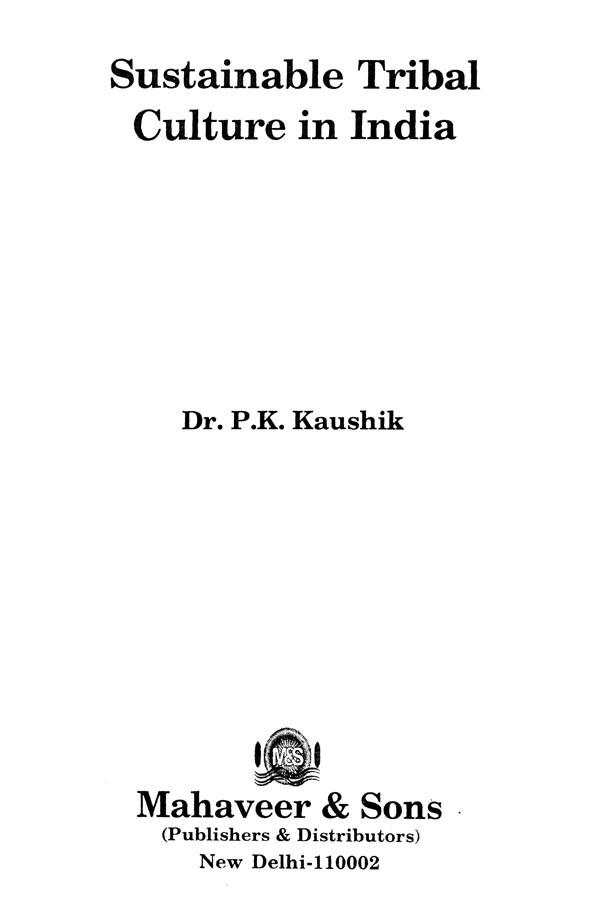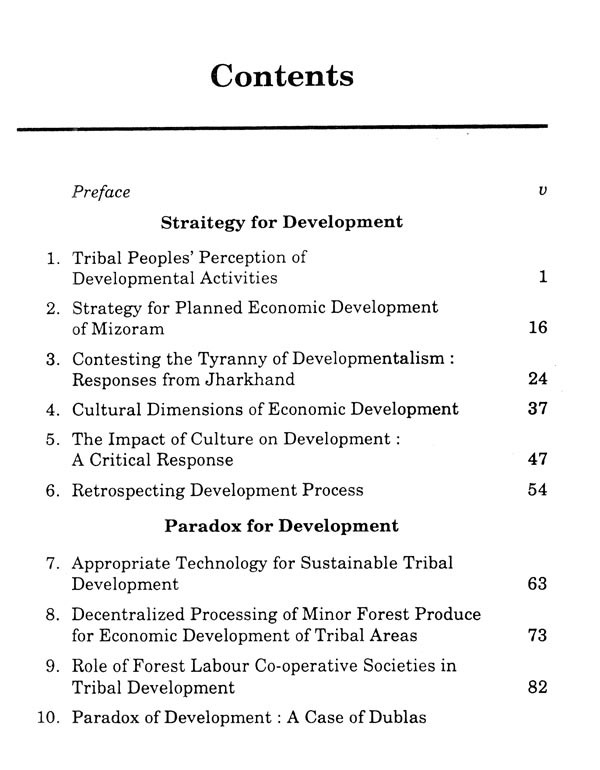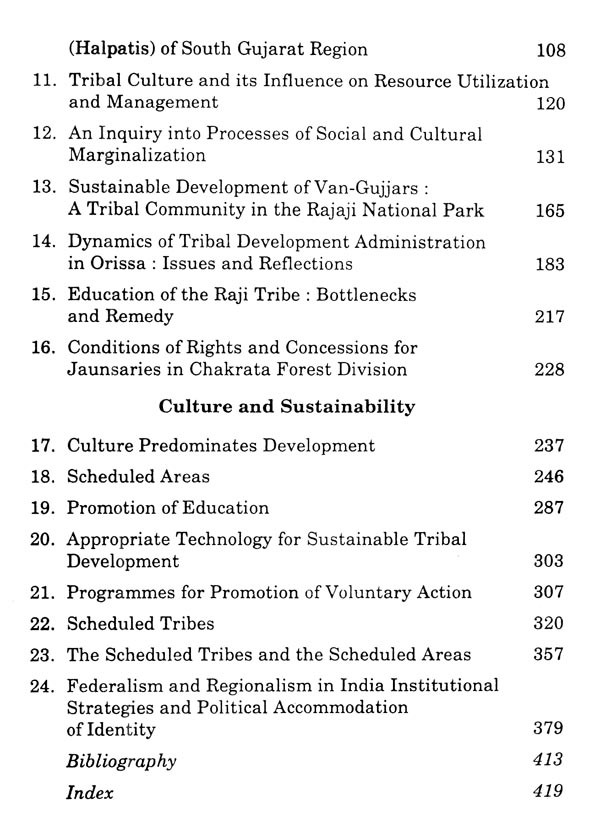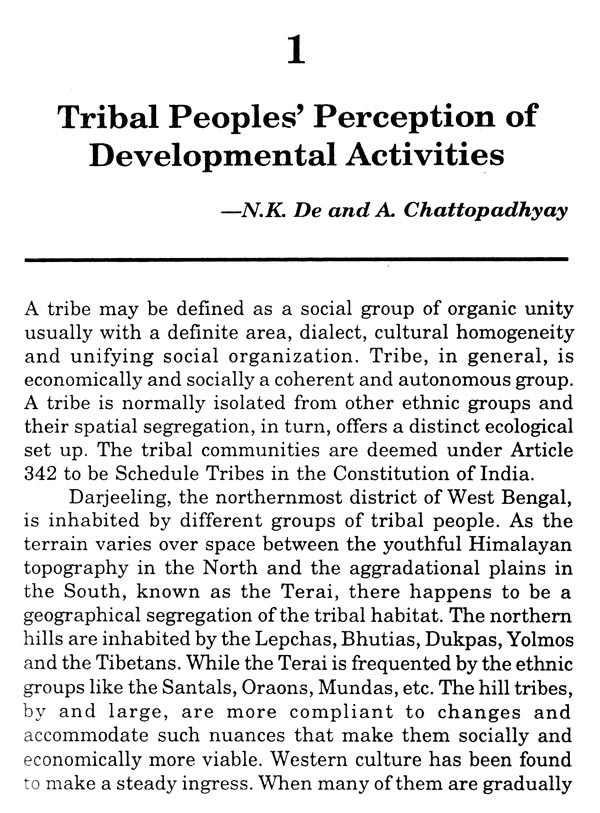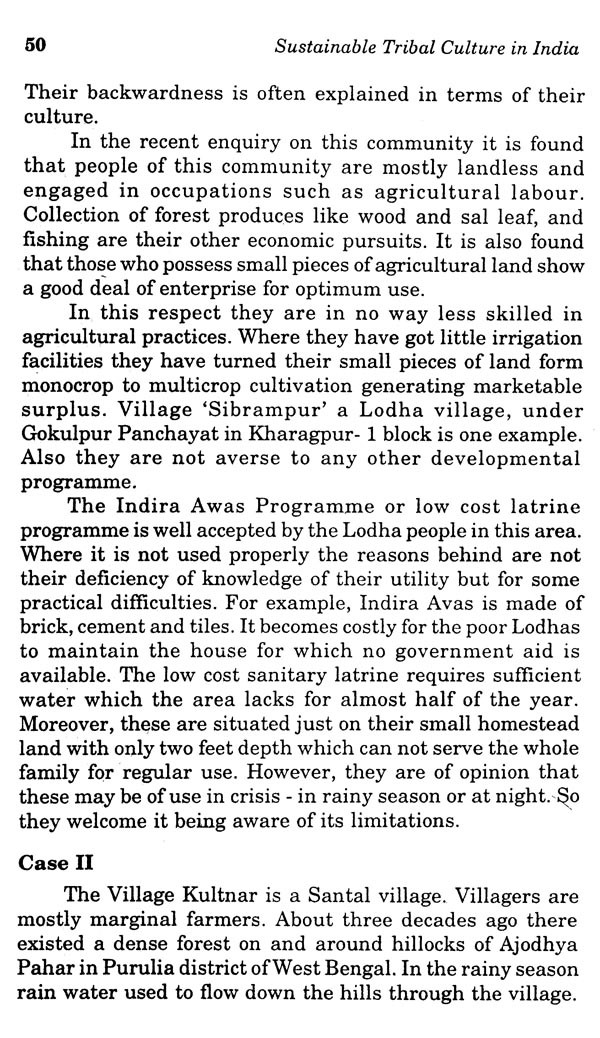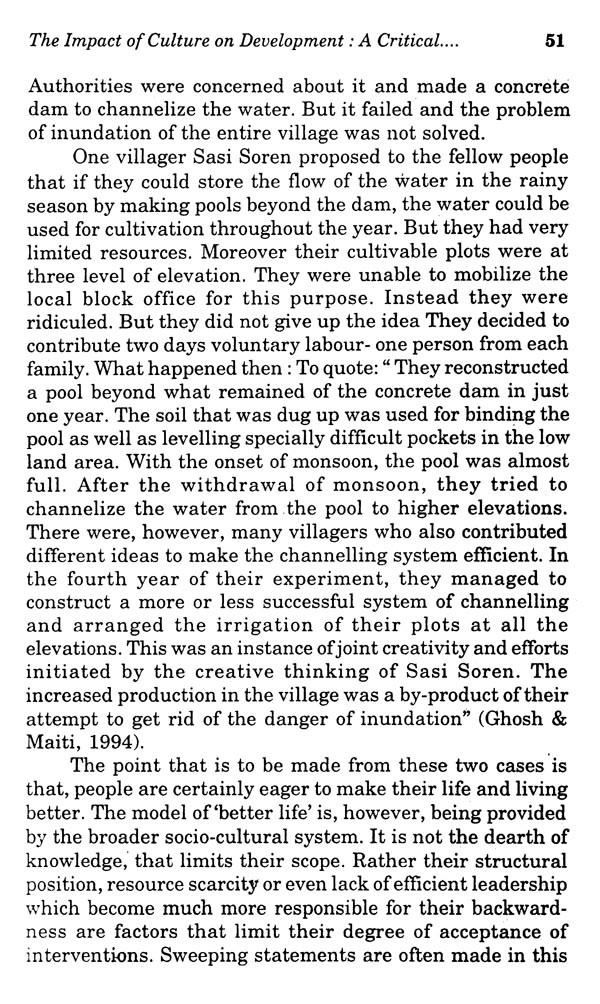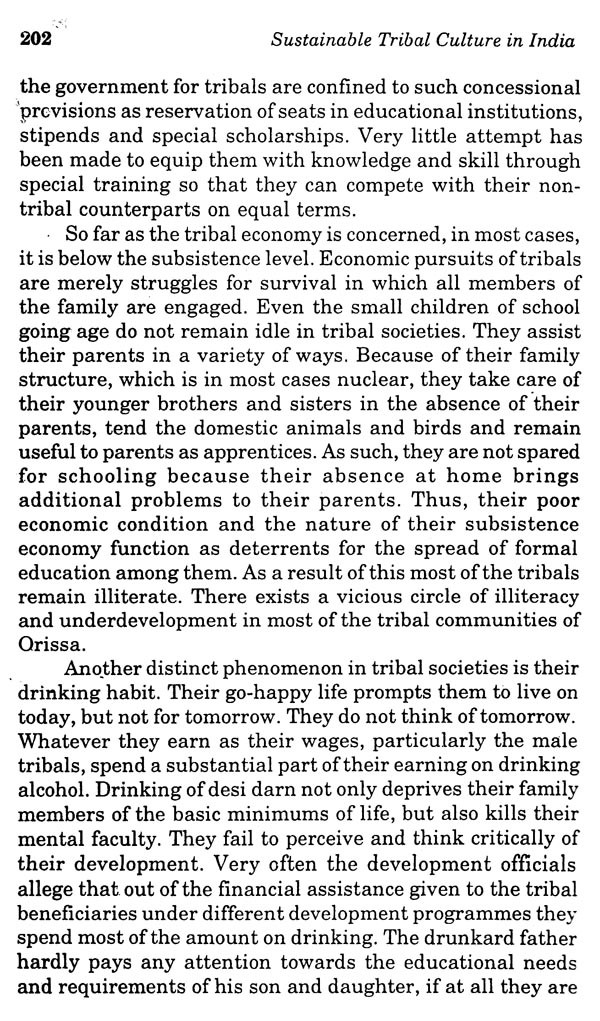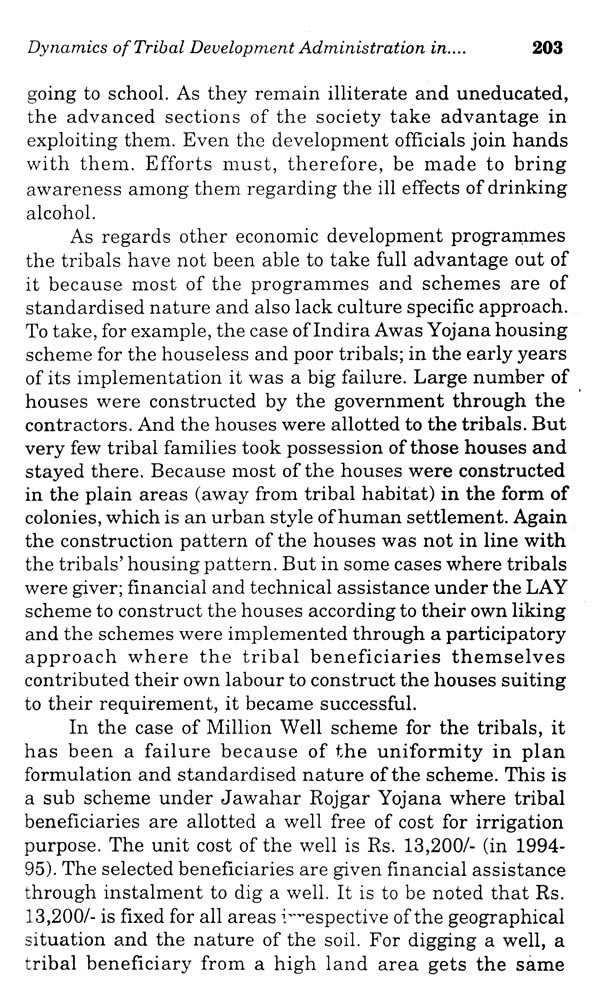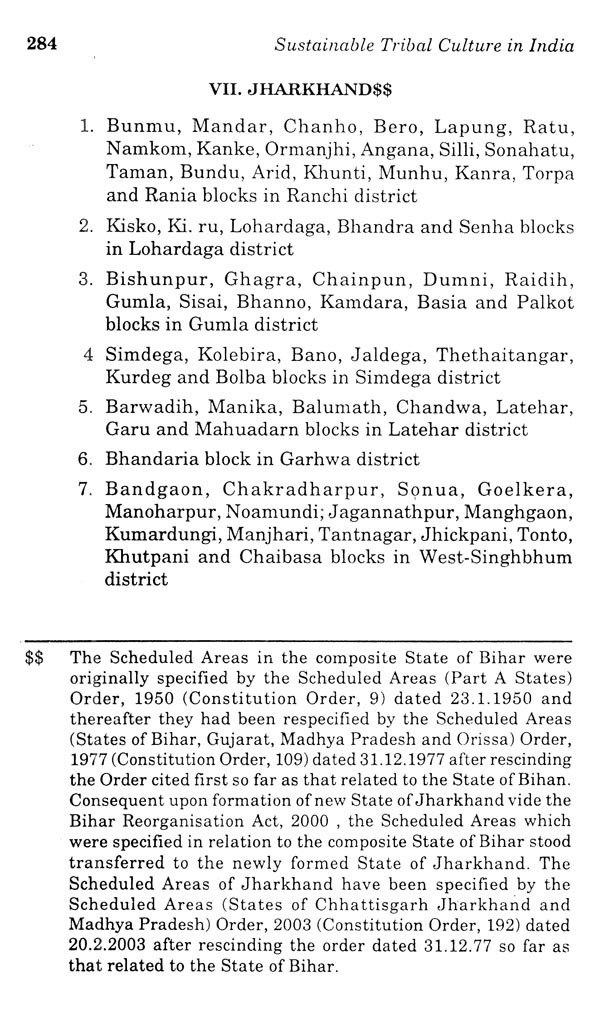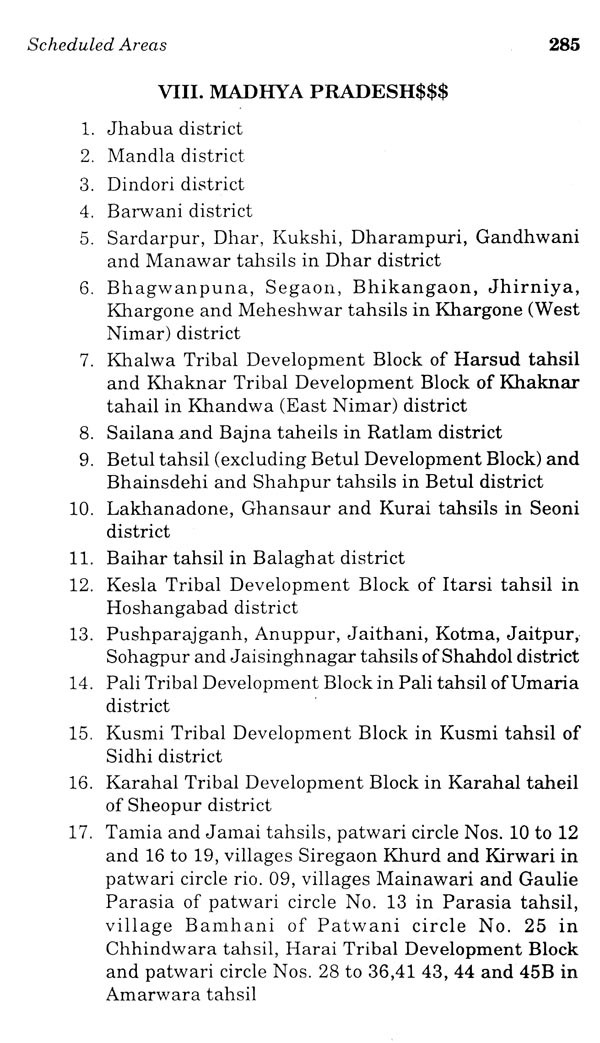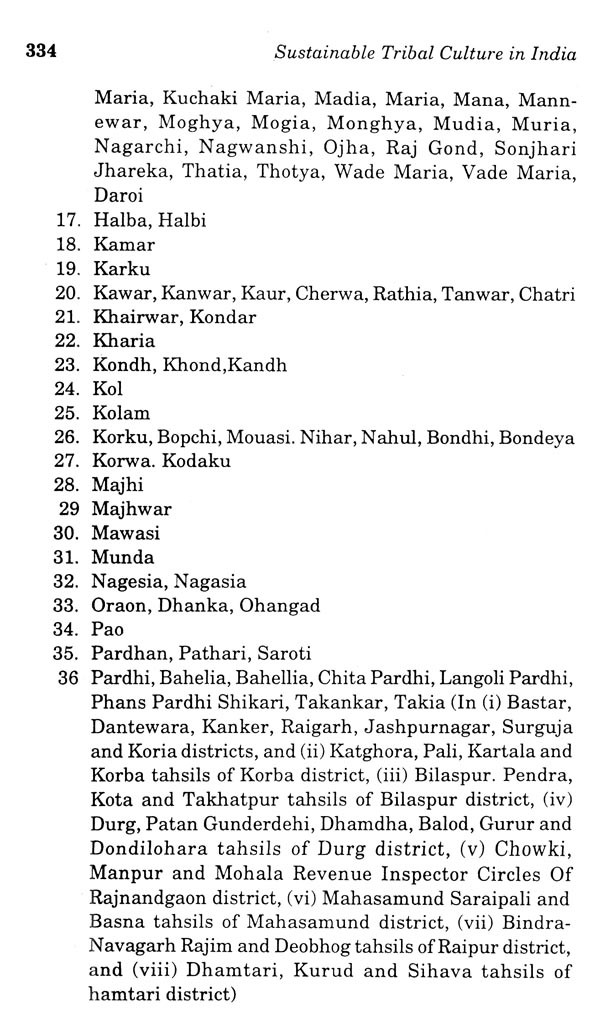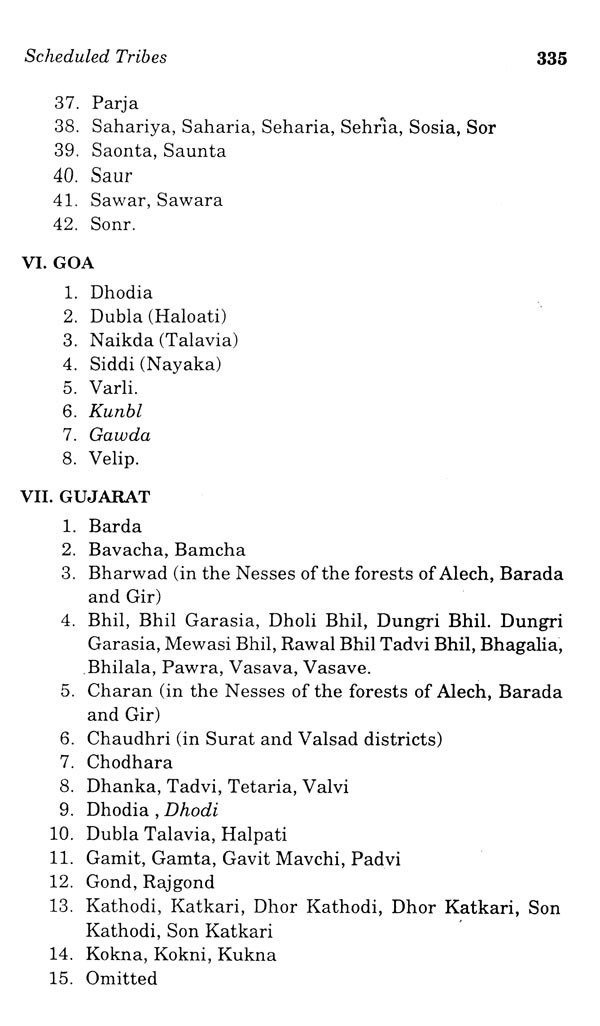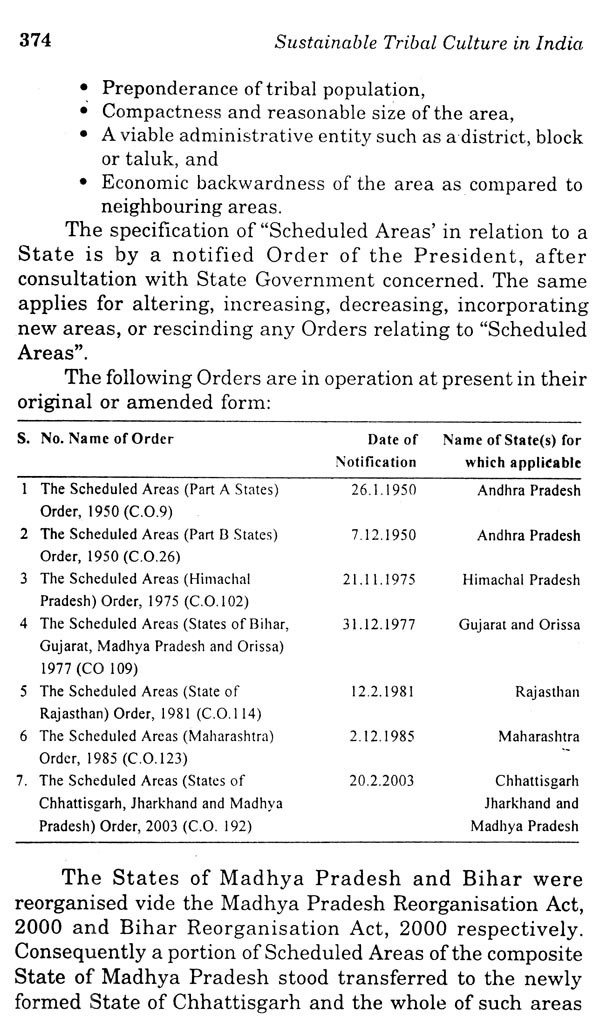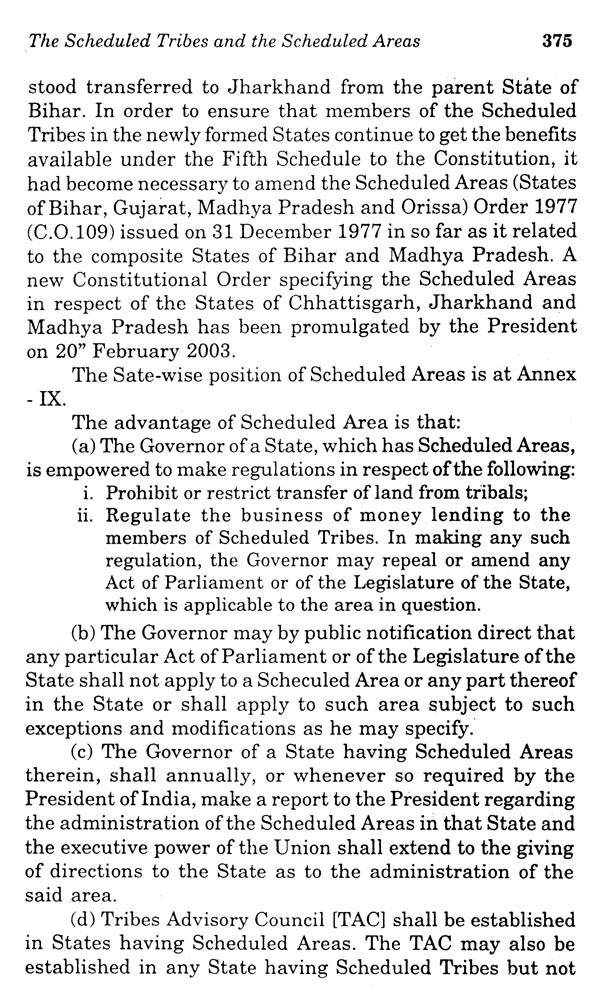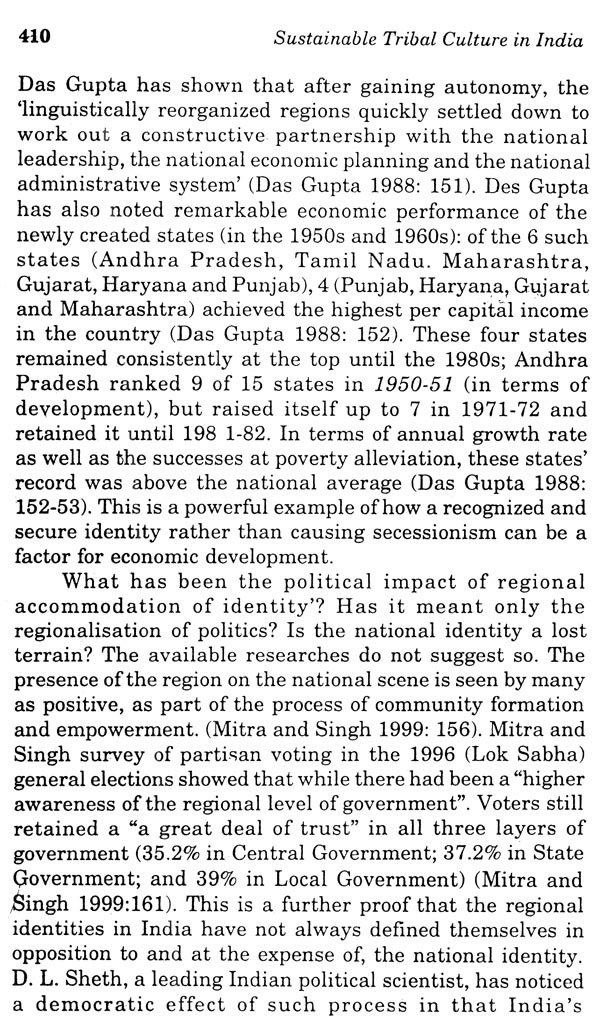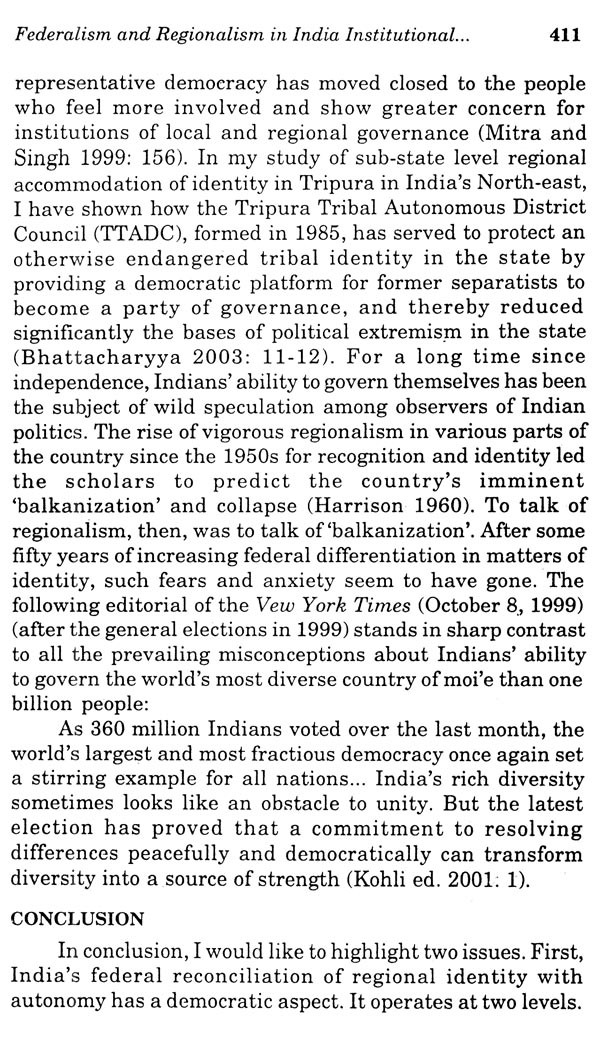
Sustainable Tribal Culture in India
Book Specification
| Item Code: | UBD774 |
| Author: | P.K. Kaushik |
| Publisher: | Mahaveer & Sons, Delhi |
| Language: | English |
| Edition: | 2007 |
| ISBN: | 9788183771566 |
| Pages: | 428 |
| Cover: | HARDCOVER |
| Other Details | 9.00 X 6.00 inch |
| Weight | 660 gm |
Book Description
Scheduled Tribes and tribal culture forms as integral part of many states of India. Efforts made in India to integrate them has not scheduled in harmonious and sustainable culture. Most of them skill remake underdeveloped, illiterate and poor. Tribal medi- cine, tribal massages and some other tribal cultural trait, have yet to be examined and understood sympathetically and scientifically. Hence the paradoxical situation of this whole issues which needs to be understood.
Dr. P.K. Kaushik had been Professor in the Department of Geography, Nagaland University, Nagaland. He had been serving in teaching since 1974 with a distinguished academic record with M.A. Rural Development MA. Geography, M.A. Sociology, L.L.B. and Ph.D. degree for his thesis on "Rural-Urban Migration in Orissa." He has so far published a number of articles with a very good response from the academic community Besides teaching the PG. Course. He had worked for research projects on "Urban Development in Orissa" and the "Rural Non-Farm employment in Orissa" financed by U.G.C. Regional and Urban Development, Industrial and Labour problems and Social Welfare and his thrust areas of research.
Scheduled Tribes and tribal culture forms as integral part of many states of India. Efforts made in India to integrate them has not scheduled in harmonious and sustainable culture. Most of them skill remake underdeveloped, illiterate and poor. Tribal medicine, tribal massages and some other tribal cultural trait, have yet to be examined and understood sympathetically and scientifically.
Hence the paradoxical situation of this whole issues which needs to be understood. This book therefore aims at selection of the best possible source available on the subject. Different aspects researched and difficulties faced have been compiled. This will enable, our readers to formulate their own opinion on the subject. Our warm and thankful acknowledgements ball those scholars for their excellent contribution on the subject.
Librarians and their staff members co-operation in highly appreciated. Lastly a word a praise for my publisher who enthsistically understood this with for a larger intellectual emasculation in its purusued form.
**Contents and Sample Pages**
